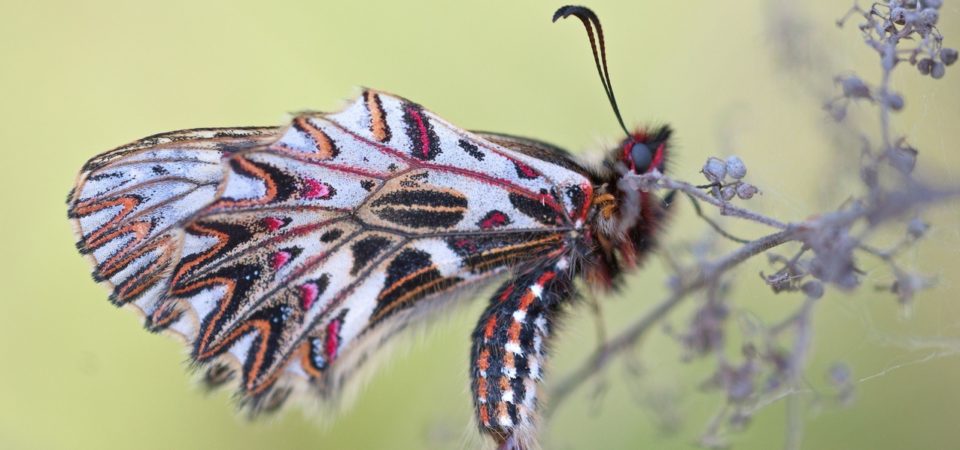Item Link: Access the Resource
File: Download
Publication Info: DOI:10.55278/TELS2532
Date of Publication: June
Year of Publication: 2023
Publication City: Karnataka, India
Publisher: Abraham Verghese Insect And Nature Trust (AVIAN Trust)
Author(s): Ramesh Arora, Jaspreet Kaur
Journal: Insect Environment
Volume: Vol. 26 (2)
Abstract
Climate change is a long-term shift in global or regional climate patterns. Climate change is among the biggest environmental challenges, humans face in the 21st century. The most imminent climatic change in recent times is the increase in atmospheric temperatures due to increased levels of greenhouse gases such as carbon dioxide (CO2), methane (CH4), ozone (O3), nitrous oxide (N2O), and chlorofluorocarbons (CFCs), largely because of industrialization and burning of fossil fuels, etc. The term biodiversity is the short form of ‘biological diversity.
As per the Convention on Biological Diversity (CBD), biodiversity means the variability among all living organisms from all sources including inter alia terrestrial, marine, and other aquatic ecosystems and the ecological complexes of which they are a part. Climate change is among the major environmental challenges for humans with catastrophic effects on faunal (especially insect) biodiversity and agricultural production. Insect biodiversity provides an array of indispensable services in agricultural production including pollination, nutrient recycling, and natural control of pests.
Special efforts are required for conserving and identifying insects and elucidating their role in ecosystem functioning. Intensive research, constant surveillance, early detection, and rapid response are essential to face the emerging pest and disease threats to crop production. Insect Conservation, landscape heterogeneity, biological control, and IPM are the keys to environmentally benign and climate-resilient crop protection for sustainable agricultural production in the future.
Keywords: Climate change, biodiversity, insects, pollination, IPM
Read the full paper here or download it from the link above.
The views and opinions expressed through the MAHB Website are those of the contributing authors and do not necessarily reflect an official position of the MAHB. The MAHB aims to share a range of perspectives and welcomes the discussions that they prompt.
